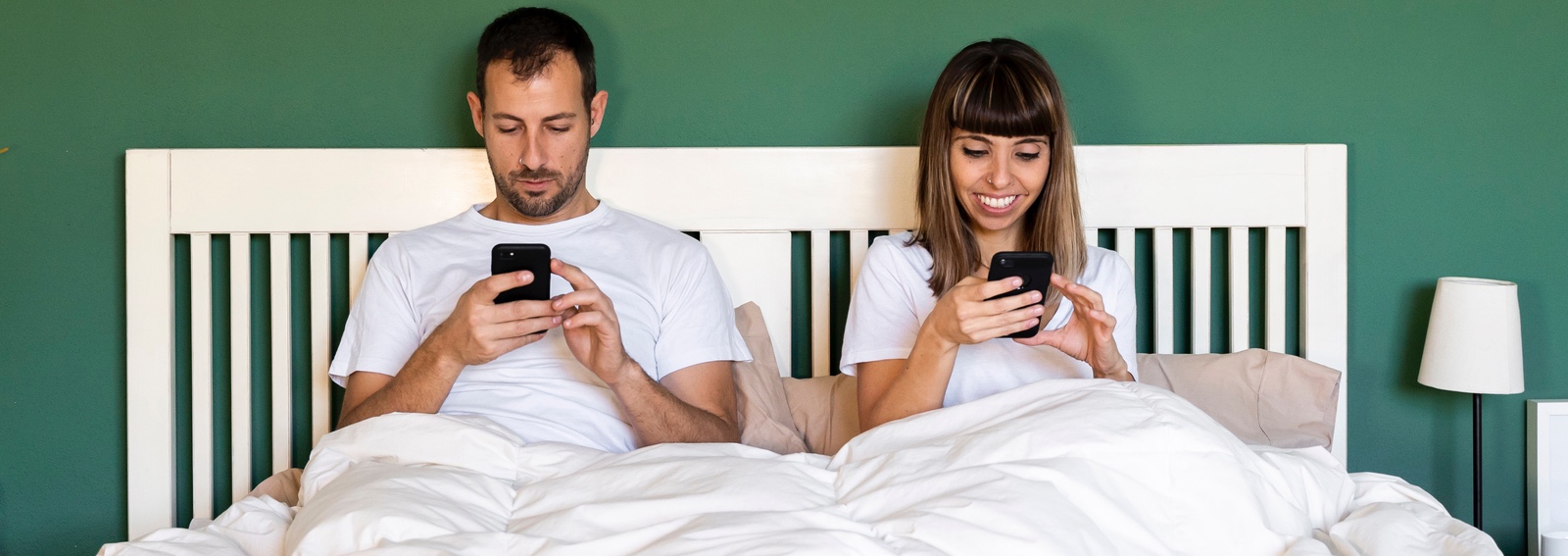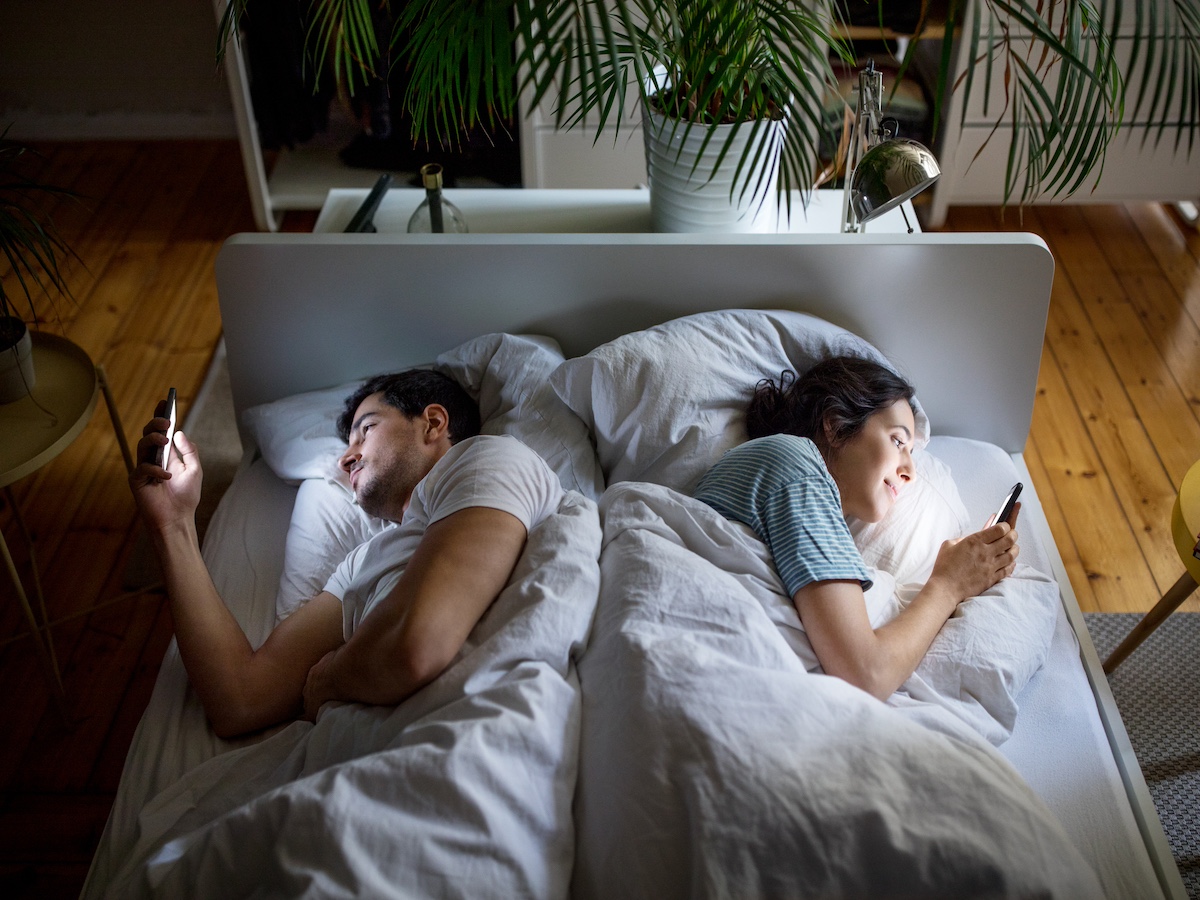

When the person between you isn’t another person but a smartphone, it’s called phubbing, a neologism that refers to being snubbed in favor of a screen.
In today’s world, which is increasingly connected and at the same time paradoxically alienating, a new relational phenomenon is emerging: “phubbing.”
This term, born from the fusion of “phone” and “snubbing,” describes the act of ignoring people around you to focus on a smartphone. It’s a behavior that many of us have experienced or, most likely, have practiced without even realizing it.
What is Phubbing and How Does it Manifest?
Imagine being at dinner with a friend or someone you’re seeing. The conversation flows smoothly until you notice them take out their phone. They start scrolling through social media or replying to a message, interrupting the flow of communication.
That moment of connection you were creating is broken by a glowing screen. This is phubbing, and it can happen in any social context: at work, among friends, with family, or between couples.
Even though it seems like a harmless behavior, phubbing can have profound consequences on interpersonal relationships. The feeling of being ignored can create emotional distance between people, undermining trust and intimacy. It’s a way of saying, without words, that the virtual world is more interesting than the person in front of you.

The Psychological Consequences of Phubbing
From a psychological point of view, ignoring someone in favor of a device can make that person feel devalued and unimportant. Over time, this phenomenon can lead to a decline in relationship quality. It also increases feelings of loneliness and the perception of neglect.
In relationships, phubbing is associated with lower couple satisfaction. Numerous studies indicate that couples where one or both partners frequently practice phubbing are more likely to experience conflicts. These couples also report lower levels of emotional well-being. In some cases, this behavior can even contribute to the breakup of the relationship.
Why Are We So Dependent on Our Phones?
To understand why phubbing is so widespread, it’s useful to consider our relationship with technology. Social media and apps are designed to capture our attention, creating a sort of addiction. Every notification, every “like,” every message triggers the reward circuit in our brain, releasing dopamine, the pleasure neurotransmitter. It’s easy to see why we often find ourselves reaching for our phone, even when we’re in company.
Moreover, our smartphones offer an escape from reality. When the conversation gets boring or when we feel anxious in a social context, the phone becomes a safe refuge, allowing us to avoid the discomfort of interaction.

How to Combat Phubbing
Recognizing phubbing is the first step in combating it. If you realize that this behavior is affecting your relationships, there are several strategies you can adopt:
Awareness: Try to be present in the moment, recognize when you’re about to pick up the phone, and ask yourself if it’s really necessary.
Set Rules: In social situations, such as dinners or meetings, you can suggest putting phones aside for a certain period. This can help create a more intimate and engaging environment.
Cultivate Communication: Talk openly with your friends or partner about phubbing. Often, people don’t realize the impact of their behavior until it’s pointed out to them.
Create Tech-Free Spaces: Dedicate certain moments of the day, like dinner or before bedtime, to turning off devices and focusing on the people around you.
Phubbing is an emblematic phenomenon of our time, reflecting the challenges of living in a digitally connected yet humanly distant world. Tackling it means rediscovering the value of authentic relationships, human contact, and mutual listening.
This article first appeared on Grazia.it – Author: Elena Zauli













